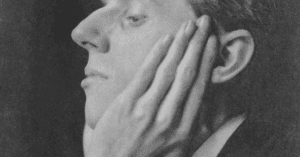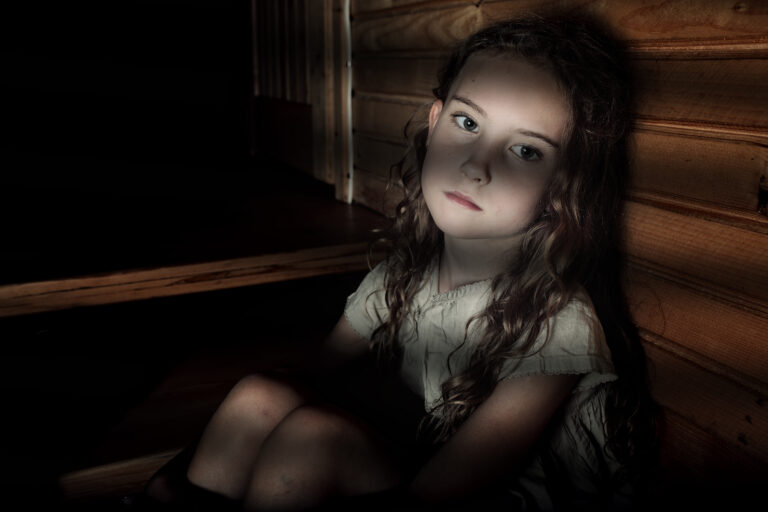Pornography often intersects with deep-rooted issues in the human psyche—particularly in how unresolved trauma and childhood experiences shape our adult behaviors, self-worth, and relationships. For some, porn might seem like a surface-level issue, something easily dismissed or hidden. But in reality, it’s frequently a symptom of much larger, often unspoken struggles. It touches on shame, intimacy, avoidance, and even addiction, serving as a way to numb deep emotional pain, to escape vulnerability, or to fill the void left by unmet needs.
Related Reading: Why our parents ultimately shape our world
Many of us were first exposed to pornography during adolescence, or even earlier, when we were still in the midst of figuring out who we were and what we needed. This exposure can have a profound influence on our development, especially when it comes to how we process emotions, relate to others, and understand intimacy. For those who have experienced trauma—whether it be neglect, abuse, or deep emotional wounds—pornography can become a means of survival, a way to manage the overwhelming weight of unhealed pain.
Related Reading: How childhood trauma changes us
And if that’s where you find yourself today, I want you to know this: it’s okay. There’s no shame in how you got here. Your journey is valid, and your struggles are real. What matters is that you’ve recognized the impact this has on your life and that you’re seeking a path toward healing.
This is my story of recovery, a journey that took me through dark valleys but ultimately led me to freedom. I hope that by sharing my experience, you might find some comfort, courage, and the freedom to begin your own path to healing.
Exposure to porn at a young age…
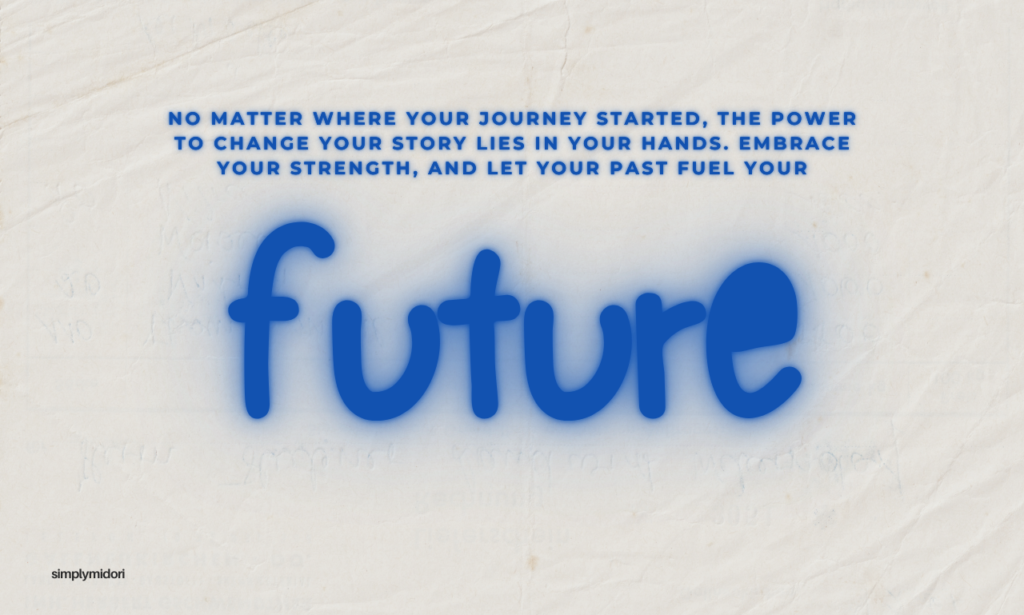
It was just a typical day at home, or so I thought. I was playing with my toys, minding my own business when I heard strange noises coming from the living room.
Curious, I tiptoed towards the sound and peeked through the slightly ajar door. What I saw changed my life forever. On the TV screen, there was a man and a woman doing things that I could not comprehend.
My innocent mind struggled to make sense of the scene before me. But even at that tender age of 9, I knew deep down that it was something I should not have seen.
My dad, utterly oblivious to my presence, continued watching the movie as if it was just another day in paradise. But for me, it was the beginning of a journey that would take me to the dark corners of my thoughts.
As I grew older, I started to explore the world of pornography secretly. I was driven by the desire to understand what I had witnessed that day. I searched for answers in books, magazines, and the internet.
At first, it seemed like a harmless curiosity. I mean, what harm could it do, right? But little did I know that I was slowly spiraling down a slippery slope that would lead me to a battle I wasn’t prepared for.
How porn made me feel safe
As I entered my senior year of college, I found myself turning to pornography more than ever before. In a world filled with uncertainty and emotional turmoil, it felt like a safe haven—an escape where I could express my sexuality without fear or consequences.
No risk of STDs, no unwanted pregnancy, no emotional entanglements to worry about. Porn offered an illusion of control in a life that often felt anything but controlled. It removed the headaches that came with real-life relationships—the drama, the misunderstandings, and the exhausting games people play when dating.
In those moments, it felt like a simpler way to satisfy my needs without the complications that intimacy with another person could bring. For a while, it gave me a false sense of safety—a space where I didn’t have to be vulnerable or worry about being hurt. But as comforting as it seemed on the surface, that “safety” came at the cost of true connection, leaving me isolated from the deeper fulfillment I was seeking.
How porn made me feel dirty

Porn has a weird way of almost forcing you to watch it. I often found myself needing to watch it just to calm down—as if something deep inside craved it, even when I didn’t want to. But despite how I felt, I always gave in. In the moment, it felt great. The rush of dopamine made everything else disappear, and the urge to masturbate silenced all the noise I was desperately trying to escape. No matter how hard I fought it, I couldn’t resist because, in that moment, it always felt like the answer.
But as soon as it was over, the euphoria would evaporate, leaving me with this hollow, heavy feeling that I couldn’t shake. Shame would rush in like a tidal wave, making me question everything—my worth, my self-control, even who I was at my core.
Related Reading: How low self esteem happens
It wasn’t just a physical act; it seeped into my spirit, leaving me feeling empty, disconnected, and more lost than ever before. That brief moment of pleasure came with a much longer aftermath of self-loathing, and no matter how many times I went through the cycle, I couldn’t shake the feeling that each time, my actions were tainting me more and more. The cycle kept pulling me in, and every time it spit me back out, I felt even more distant from the person I truly wanted to be.
I tried to quit but kept failing
As I got older, the overwhelming shame and stigma surrounding pornography made me desperate to quit. I started feeling so isolated, like I was the only one wrestling with this issue, and something had to be fundamentally wrong with me. Each time I watched, the shame weighed heavier on me, and with every failed attempt to quit, that feeling of being trapped grew stronger.
I would go one, two, even three weeks without it, but then, boom—I’d relapse and indulge on it to “make up for lost time.” I’d tell myself, “I won’t watch it tomorrow, so I’ll just watch 10-15 videos today and be done.”
But that wouldn’t last. Before I knew it, I was back in the same cycle.
I tried everything—blocking websites, setting boundaries, even distracting myself with other habits. But nothing worked.
Instead of finding freedom, I kept getting sucked in deeper, like quicksand. The harder I fought to escape, the more it felt like I was sinking further.
Each setback made me doubt myself even more. I kept wondering: was I ever going to break free, or was this just something I’d have to live with forever? The struggle was exhausting, and the more I fought, the further away freedom seemed.
The ultimate feeling of shame… getting caught
Eventually, I got married, but the secret habit didn’t stop. I continued to watch porn—just in secret. I’d wait until everyone was asleep, or when the house was empty, or when my husband was busy. I thought I had it under control, tucked away in the shadows where no one would find it. But then, I hit rock bottom. My husband caught me.
There’s no feeling quite like the shame of being caught masturbating, you are exposed in every sense of the word. It’s this gut-wrenching blend of embarrassment, guilt, and fear all crashing in at once.
There’s no simple one-two-three formula to fix it, no magic words that make it all go away. At that moment, I felt so small, like I had betrayed the trust of the person I loved most. It was like all the lies I’d told myself about keeping it hidden crumbled instantly.
For me, the only way forward was honesty. I had to be honest with myself and with my husband about what I was struggling with, and let me tell you—it wasn’t easy.
I had to face the fact that this wasn’t something I could just brush off anymore. I had to own my addiction and the impact it was having on my marriage. Telling him the whole truth meant exposing my deepest shame, but it was the first real step towards healing. It wasn’t just about being caught; it was about finally facing the issue head-on, no more hiding behind secrecy.
How I finally broke my porn addiction
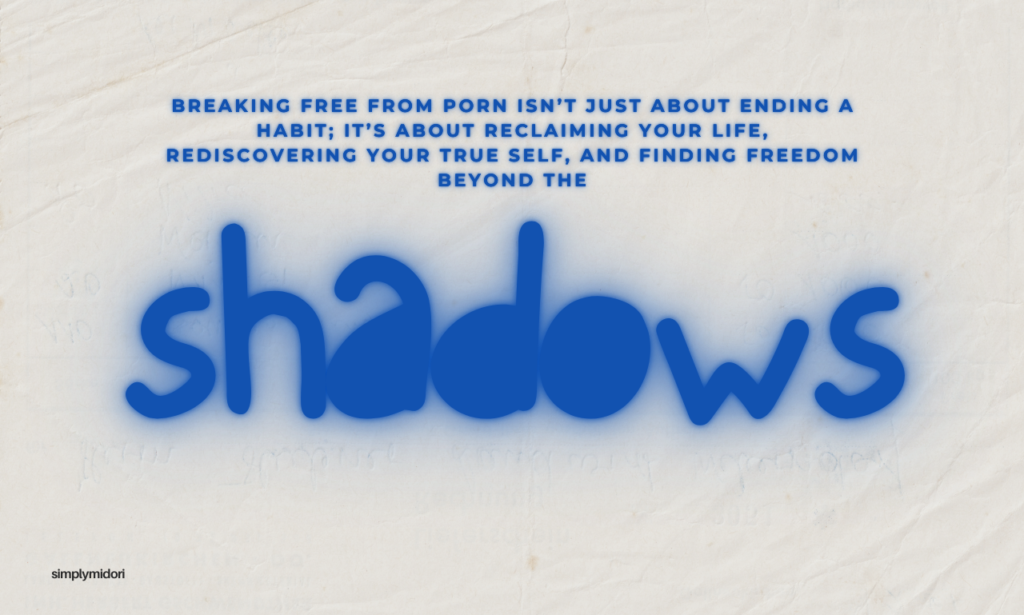
Overcoming pornography addiction isn’t a simple or easy path. It’s a tricky, isolating struggle that impacts your mental, emotional, and physical well-being. For me, breaking free didn’t happen overnight. It wasn’t a quick fix; it was more like a complete life makeover—one that took years to accomplish. It was a journey filled with setbacks, triumphs, and hard-earned lessons, but in the end, it was worth every step.
We all have hidden secrets that make us feel isolated and alone, and for those struggling with pornography, that isolation can feel suffocating. It’s a secret that can devastate relationships, shatter self-worth, and leave you feeling trapped in shame.
But what if I told you that the key to finding freedom lies in doing what you fear most—sharing your struggle with someone? This is how my healing truly began: through vulnerability, honesty, and allowing someone else into the mess I had been trying to hide for so long.
1. I shared my struggle
When I “was forced” to share my struggle with pornography, it was a daunting and terrifying step. I worried endlessly about what my husband would say and how he would perceive me. The fear of judgment and rejection loomed large, and I was anxious about disappointing him. But taking that leap was crucial.
I remember the weight of keeping this secret—feeling like I was carrying around a 1,000-pound burden. The secrecy itself was suffocating, feeding my shame and making my struggle feel insurmountable. When I finally shared my struggle, it actually felt like a massive relief.
For the first time in a long time, this “secret” was no longer controlling me. The act of opening up was profoundly freeing.It was as though I had removed a heavy veil that had clouded my life for years.
Why sharing can start to break a porn addiction
Sharing with someone who knows and cares about us is a powerful weapon against the isolation and shame that keep us trapped. It’s not about public shaming or punishment; it’s about finding help and healing. Whether it’s a friend, spouse, parent, pastor, mentor, or counselor, telling someone is the first step toward breaking free.
Sharing breaks down the walls of isolation and secrecy that often amplify our struggles. When we hide our issues, they grow in power, becoming more difficult to overcome. But when we bring them into the light by sharing them, we begin to strip away their control. It’s an invitation to let someone walk with us through the ups and downs of recovery rather than facing our battles alone.
Of course, opening up isn’t always easy. The fear of judgment or rejection can be overwhelming. However, sharing is not about impressing others; it’s about seeking the support we need to overcome our struggles. The right person will provide encouragement and understanding, not criticism.
2. I learned what triggered the need to watch porn
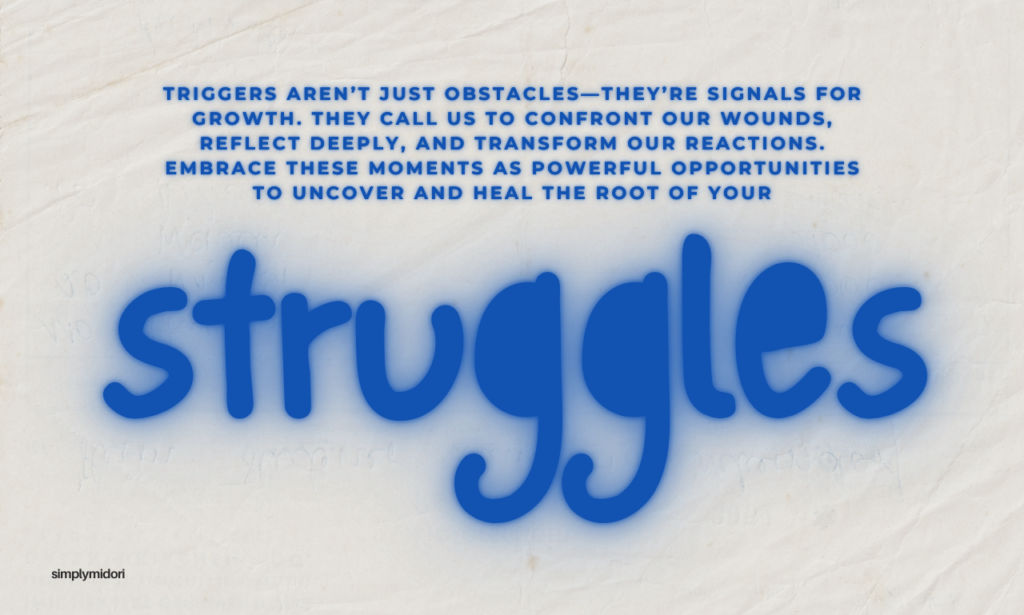
Triggers can come in all shapes and sizes, and what sets one person off might not affect another. For me, the urge to watch porn was triggered by a mix of factors:
- Stress
- Endless scrolling on social media
- Late-night movies on my iPad
- A few too many nights of overeating and wallowing in self-pity
It was a vicious cycle that felt impossible to escape. I realized that to break free, I needed to address these triggers head-on. I began by making significant changes in my life.
I managed my stress through exercise and meditation, which helped me regain some control. I limited my social media use, recognizing how it fueled my cravings. I even consciously tried to eat healthier, aiming to break the cycle of using food as a comfort.
And yes, I took the drastic step of getting rid of my beloved iPad. It wasn’t an easy decision, but it was necessary. By removing these triggers from my environment, I started to reclaim control over my life and began to break free from the chains of porn addiction.
For anyone struggling, identifying their own triggers is crucial. Is it stress, boredom, loneliness, or something else entirely? Once you know what sets off your cravings, you can start eliminating those triggers wherever possible. Reducing social media was a game-changer for me.
For the triggers you can’t avoid, develop a plan to handle them. If you know you’ll be in a situation that might trigger your cravings, plan ahead and have strategies ready to cope.
3. I made porn harder to access especially at trigger moments
In our world of convenience, everything we need is at our fingertips—from food delivery to endless digital entertainment. Pornography is no exception; it’s become a prevalent struggle for many due to its easy accessibility. With just a few taps on our phones or clicks on our computers, it’s always within reach, often carried around in our pockets or purses.
Recognizing your triggers is just the beginning. Once you understand what sets off your cravings—whether it’s a specific time of day, a certain website, or a particular emotion—you need to address the patterns that lead you to pornography.
For me, introducing roadblocks to make accessing porn more challenging, especially during trigger moments, was essential. Here’s how you can do it:
Step 1: Identify Your Patterns
Reflect on when and why you’re most likely to reach for pornography. Is it late at night, during moments of stress, or when you’re feeling lonely? Pinpoint the specific circumstances and emotions that drive you toward your addiction.
Step 2: Implement Roadblocks
Once you understand your patterns, start placing obstacles in your way:
- Enable Restrictions: Block certain websites, apps, and even keywords that might contain explicit content.
- Install an Internet Filter: Use filters to block inappropriate websites and content access.
- Keep Tech Out of the Bedroom: Avoid using devices in bed where you might be tempted late at night.
- Use Technology in Public Places: Instead of using your phone or computer privately, consider using them in more public settings.
- Limit Late-Night Screen Time: Be mindful of what you’re exposed to at night, from rated R movies to social media—one image or video can spark a craving.
- Install Accountability Software: Use software that tracks your internet usage and alerts a trusted friend or mentor if you visit questionable sites.
Step 3: Create Alternatives
Find healthier alternatives during trigger moments. Engage in hobbies, exercise, or reach out to your support network. You can gradually shift your habits by replacing old patterns with positive activities.
Making porn harder to access isn’t about creating a perfect system but about reducing temptation and making indulgence more difficult. It’s about giving yourself a fighting chance to break free from old habits and build new, healthier ones.
Related Reading: Learn How Porn Effects Every Area Of Your Life
4. I Fought For My Mind
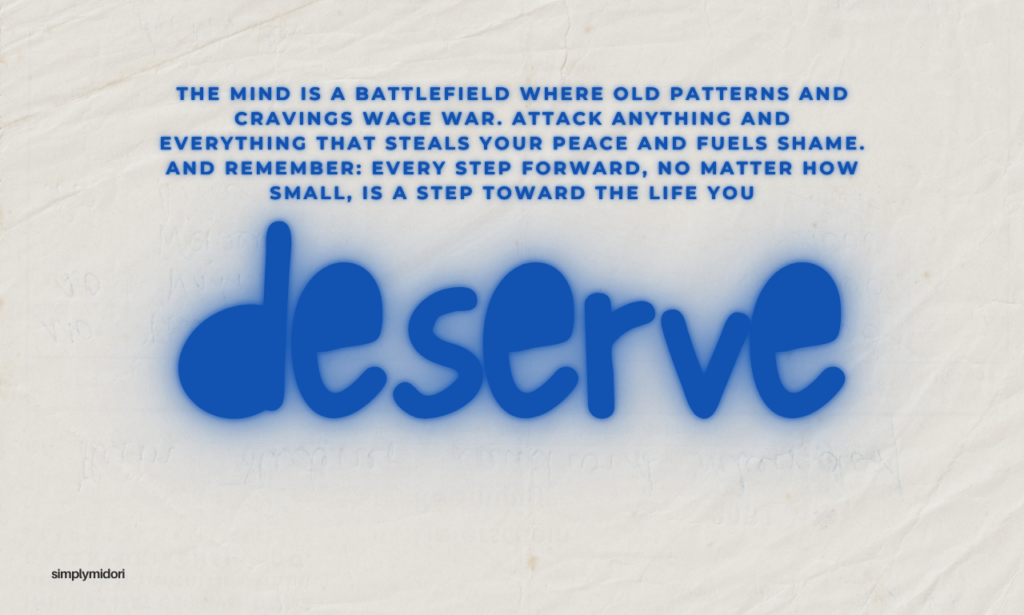
Let’s be real: pornography isn’t just a physical battle; it’s a mental war. Even if you manage to cut off all external access—by locking yourself away from the internet, books, and TV—the fight rages on in your mind, with persistent, intrusive images and videos.
From my experience, the battle for mental freedom was the toughest and most enduring part of overcoming this struggle. It felt like a never-ending game of whack-a-mole, with unwanted images and thoughts constantly resurfacing no matter how hard I tried to push them away.
There were moments when I thought I had it under control—whether I was praying, working, or just going about my day—only for a provocative image to pop up unexpectedly, like an unwelcome guest. It was incredibly frustrating.
But I discovered that the key wasn’t to avoid these thoughts entirely but to learn how to handle them in a healthier way.
Just like lifting weights at the gym builds physical strength, facing these mental challenges builds mental resilience. When an intrusive thought or image came up, I redirected my focus.
How I shifted my thoughts away from porn
- Call a Friend: Engaging in a meaningful conversation provided a distraction and support.
- Read a Verse: Opening my Bible app and reading a comforting verse helped shift my mindset.
- Get Active: Going for a quick workout or a walk in the park broke the cycle of obsessive thoughts.
- Stay Busy: Tackling tasks like cleaning my room or running errands kept my mind occupied.
It wasn’t easy at first. Redirecting my thoughts required conscious effort. But over time, I gained control and stopped letting those damaging images dictate my actions.
And you know what? It worked! I began to reclaim my mental space and felt more empowered in my journey to freedom.
Related Reading: 9 Tips that help you quit porn
Conclusion
Breaking free from pornography is not a walk in the park. It’s a journey that requires patience, Breaking free from pornography is no easy feat. It’s a journey marked by patience, persistence, and immense courage. I know this firsthand—it took me nearly three years to truly feel free. Those years were filled with ups and downs, tears and triumphs, and many moments of failure. But through it all, I stayed committed to the path of freedom.
Freedom isn’t just about stopping the habit of watching pornography. It’s about embracing the life that pornography never wanted you to have. It’s about restoring your identity, reigniting your purpose, and reclaiming your joy, peace, and confidence.
Let’s be honest: shame might try to convince you to hide your struggle and face it alone. But the truth is, you don’t have to go through this by yourself. There are people who care about you and want to support you—people who have walked this road before and can guide you through it. They can offer a listening ear, a shoulder to cry on, and a hand to hold.
So if you’re struggling, don’t give up.
If you’ve stumbled, don’t beat yourself up.
If you’re feeling isolated, don’t shut yourself off from others.
Remember, breaking free from pornography is a journey, not a single moment. But it’s a journey worth taking—one that can lead you to a life filled with hope, healing, and happiness. Take that first step, knowing that you’re not alone.
You’ve got this!



